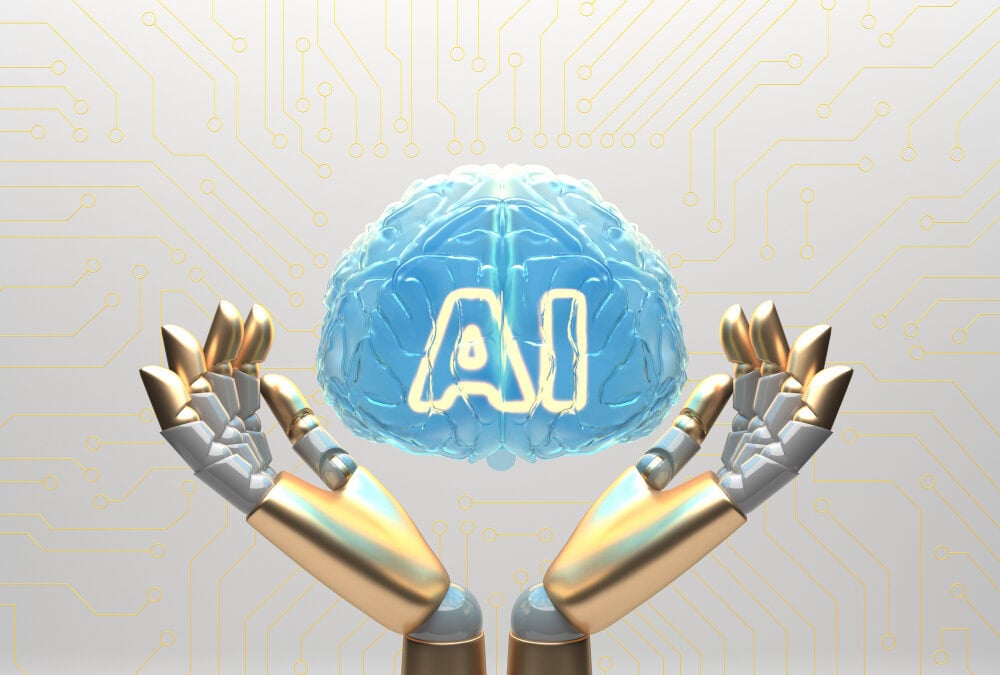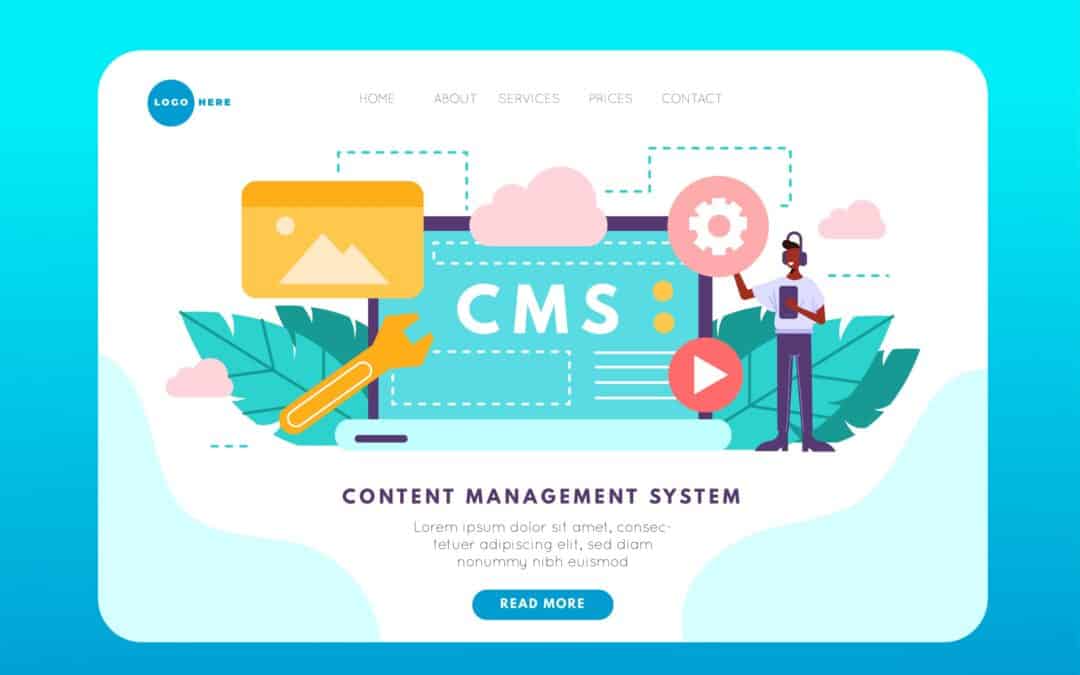Workflow automation has already revolutionized the way businesses operate. From saving time to eliminating human error, it’s no wonder that the global automation market is expected to reach $395 billion by 2025.
But here’s the big question: what’s next?
Automation is evolving faster than ever, with new tools, technologies, and trends emerging every year. In this article, we’ll examine the future of workflow automation and explore what small business owners need to know to stay competitive. From AI-driven solutions to hyper-personalized workflows, let’s explore the trends shaping the future.
The Future of Workflow Automation: Smarter, Faster, Better
Artificial Intelligence (AI) is no longer a buzzword—it’s the driving force behind the next wave of automation. Unlike traditional rule-based automation, AI-powered tools can learn, adapt, and make decisions on their own.
What’s Changing?
AI is transforming automation in several key ways:
- Predictive Analysis: Tools like Salesforce Einstein can analyze past data to predict future trends, enabling businesses to make smarter decisions.
- Natural Language Processing (NLP): Chatbots like ChatGPT are becoming more conversational, handling customer queries with human-like accuracy.
- Process Optimization: AI tools can analyze workflows, identify inefficiencies, and recommend improvements automatically.
How This Impacts Small Businesses
Small businesses can use AI and process automation to gain big-league advantages without breaking the bank. For example:
- Use tools like Zoho’s AI assistant to automate customer support.
- Leverage AI in marketing tools like HubSpot to personalize email campaigns based on user behavior.
Hyper-Personalized Automation
Personalization isn’t just for marketing anymore. Automation tools are getting better at delivering experiences tailored to individual users, whether they’re employees or customers.
What’s Changing?
Future automation will focus on hyper-personalization by:
- Adapting Workflows: Tools like Monday.com will customize dashboards based on individual preferences.
- Customer-Centric AutomationPlatforms like Marketo are refining customer journeys by automating tasks and tailoring every interaction based on data insights.
How This Impacts Small Businesses
Personalized automation can improve employee satisfaction and customer retention. For instance:
- Use personalized onboarding workflows for new hires.
- Create customer follow-ups tailored to specific purchasing behaviors.
The Rise of No-Code and Low-Code Platforms
Not a tech wizard? No problem. The future of automation lies in no-code and low-code platforms that make creating automated workflows accessible to everyone.
What’s Changing?
- No Technical Expertise Needed: Platforms like Integromat allow users to create complex workflows without writing a single line of code.
- Custom solutions at scale can be achieved through effective process automation strategies.: Small businesses can build bespoke solutions without hiring developers.
How This Impacts Small Businesses
No-code tools empower small businesses to:
- Quickly automate repetitive tasks like invoice generation or email campaigns.
- Experiment with workflows without committing significant resources.
Integration Will Be King
In the future, disconnected tools will be a thing of the past. Integration capabilities will define the next generation of automation platforms in 2024.
What’s Changing?
- Seamless Connectivity: The tools will expand their integration libraries, connecting even more apps.
- Unified Dashboards: Platforms like Airtable are working toward centralizing data and workflows in one place.
How This Impacts Small Businesses
With better integration, small businesses can:
- Avoid data silos by syncing tools like CRM, project management, and accounting software.
- Improve decision-making with real-time, unified data.
Automation Beyond the Office
As remote work continues to grow, automation will expand beyond the office, streamlining processes for distributed teams.
What’s Changing?
- Remote Collaboration: Tools like Slack and Microsoft Teams will focus on automating remote workflows, such as task delegation and virtual meeting scheduling.
- Time Zone Management: Automation will consider time zones when assigning tasks or sending notifications.
How This Impacts Small Businesses
For businesses with remote teams, process automation can significantly improve efficiency and productivity.
- Simplify collaboration across geographies.
- Automate workflows like onboarding, training, and performance tracking for remote employees.
Ethical Automation and Data Privacy
As automation becomes more sophisticated, concerns about data privacy and ethical use are growing. The future of automation will include stricter compliance and transparency standards.
What’s Changing?
- Regulatory ComplianceTools will embed compliance with GDPR, CCPA, and other data protection laws while offering automation solutions.
- Ethical AICompanies like IBM are focusing on creating AI systems that implement automation processes that are fair, transparent, and accountable.
How This Impacts Small Businesses
To stay ahead, small businesses should:
- Choose automation tools that prioritize data security and enhance productivity through robotic process automation.
- Be transparent with customers about how their data is used.
Automation for Decision-Making
Future automation won’t just execute tasks—it’ll provide insights to guide decision-making.
What’s Changing?
- AI-Driven InsightsTools like Tableau and Power BI will offer automated suggestions based on data analysis to enhance business processes.
- Scenario Modeling: Automation will simulate “what-if” scenarios to predict outcomes.
How This Impacts Small Businesses
Small businesses can leverage automation for:
- Real-time insights into sales, marketing, and operations.
- Faster, more informed decision-making.
Automation for Decision-Making
Customer expectations are higher than ever, and automation will play a crucial role in meeting them.
What’s Changing?
- Proactive Support: AI tools will predict customer issues and solve them before they escalate.
- Omnichannel Automation: Platforms will seamlessly integrate customer interactions across channels like email, chat, and social media.
How This Impacts Small Businesses
Enhanced customer experience leads to:
- Higher satisfaction rates.
- Better customer retention.
Tools like Zendesk and Intercom can help small businesses automate customer interactions without losing the personal touch.
Preparing for the Future: Tips for Small Business Owners
1. Stay Updated on Trends
Read industry blogs, attend webinars, and follow automation leaders to stay informed about digital transformation trends.
2. Invest in Scalable Tools
Choose tools that can grow with your business. Platforms like HubSpot and Salesforce offer scalable solutions.
3. Train Your Team
Automation is only effective if your team knows how to use it. Offer regular training sessions to ensure everyone is on board.
4. Prioritize Security
Ensure the tools you choose adhere to data protection standards.
5. Start Small
Focus on automating one or two workflows before expanding to ensure a smooth digital transformation.
The Road Ahead
The future of workflow automation is brimming with possibilities. From smarter AI-powered tools to personalized workflows, the next generation of automation will redefine how businesses operate. For small businesses, this presents a golden opportunity to compete with larger players, streamline operations, and focus on what truly matters—growth and innovation.
As automation evolves, one thing is certain: businesses that embrace these trends will thrive, while those that resist change risk falling behind. So, are you ready to automate your way into the future?
The future isn’t coming—it’s already here. You should make the most of it!





